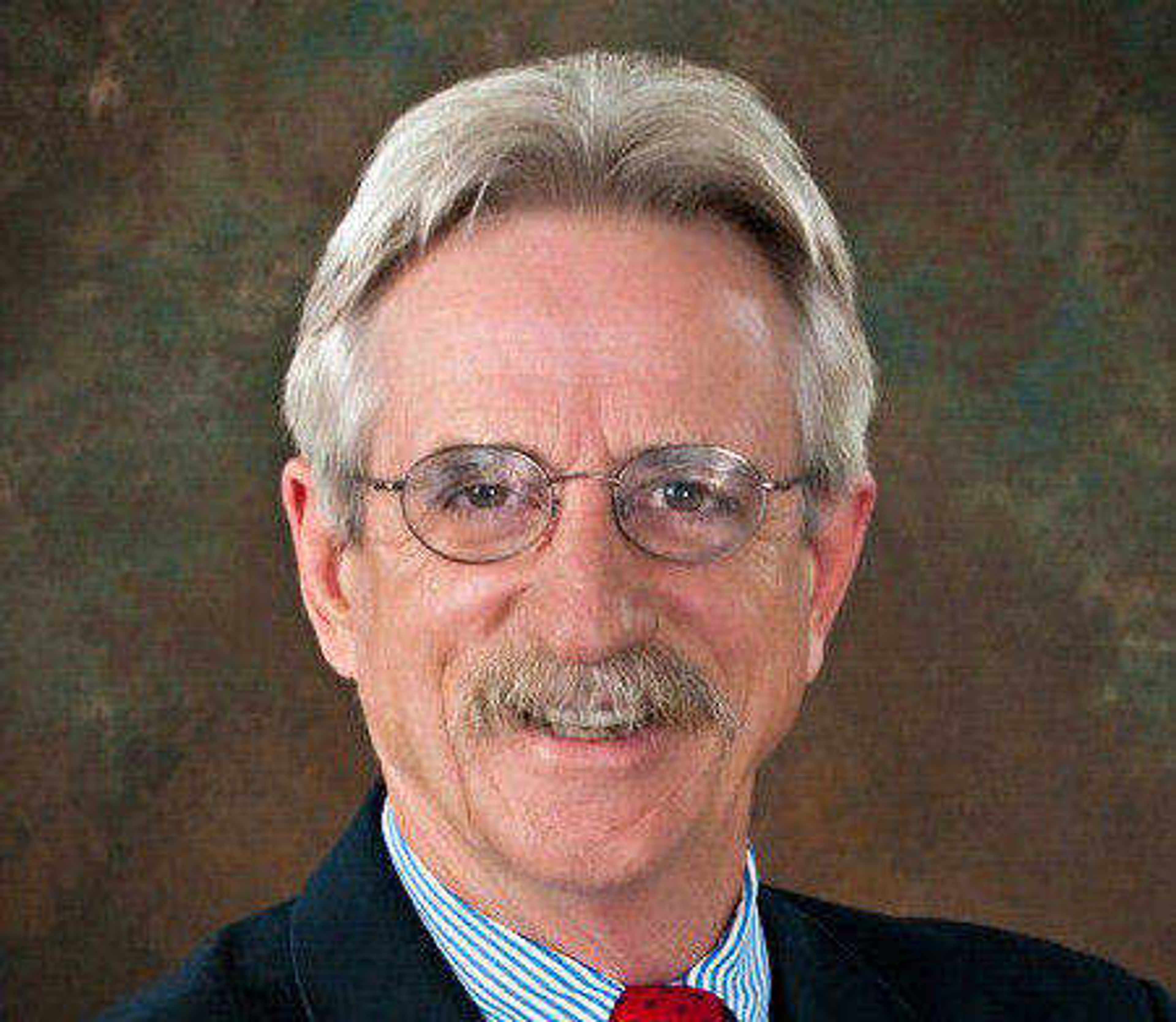Remember Pearl Harbor
Thursday marks the anniversary of the attack on Pearl Harbor that brought America into the Second World War. Few living today and fewer still reading this column can remember that fateful Sunday morning when 353 Imperial Japanese aircraft attacked military bases in Hawaii and killed 2,403 American military personnel...
Thursday marks the anniversary of the attack on Pearl Harbor that brought America into the Second World War.
Few living today and fewer still reading this column can remember that fateful Sunday morning when 353 Imperial Japanese aircraft attacked military bases in Hawaii and killed 2,403 American military personnel.
Within 24 hours, America declared war on Japan. Two days later, war was declared on Germany and Italy.
Though the attack on Pearl Harbor was unexpected, the possibility of war with Japan had been brewing for a number of years.
I grew up in a generation when the memories of that surprise attack were still fresh on the minds of all Americans.
But time has a way of eroding those memories. And today, scant notice will be paid to this extremely important date in American history.
Through the years, other dates would be etched in our memories as well -- Nov. 22, 1963, comes to mind. And more recently, Sept. 11, 2001, is yet another day recorded in history.
Surely there was a time when the date of the Lincoln assassination was part of our national memory. Or our entry into World War I.
But other events replace those earlier memories and dates like the attack on Pearl Harbor are relegated to the history books.
There is some irony to the fact that today we discuss military options on protecting Japan -- our once mortal enemy -- from yet another despot in North Korea.
Time has a way of producing just such ironies.
When I was but a young lad in the late 1940s, I remember donning my father's Marine uniform and playing "war" in the backyard with my cousins. Our make-believe enemies were the same as our fathers' and we always won the war.
One of the very first news stories I was assigned years later was an interview with a Pearl Harbor survivor. I was fascinated with his firsthand account of that day so many years ago.
That survivor is now gone along with most of his comrades. My uncle Boots -- when prodded -- would tell his tales of spending hours in the waters of Pearl Harbor when his ship sank during the first wave of that Dec. 7 attack.
He too is gone.
In school tomorrow, my grandchildren will not hear tales of Pearl Harbor. I doubt seriously if my children heard those tales during their school years.
The day following the attack, President Franklin Roosevelt would appear before a joint session of Congress and described the prior day as "a date which will live in infamy."
And though that fateful day will indeed live in infamy, it fades from our memories more with each passing year.
Michael Jensen is the publisher of the Standard Democrat in Sikeston, Missouri.
Connect with the Southeast Missourian Newsroom:
For corrections to this story or other insights for the editor, click here. To submit a letter to the editor, click here. To learn about the Southeast Missourian’s AI Policy, click here.










